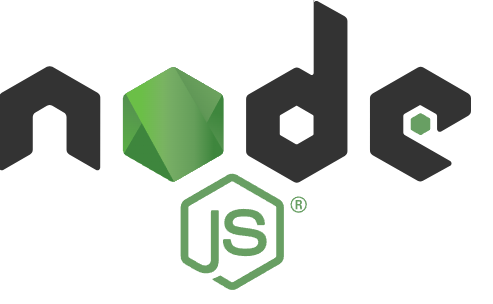OpenJS Foundation: Node.js 21 arrives
The OpenJS Foundation is getting its party hat on – Node.js 21 has arrived.
Node.js an asynchronous event-driven JavaScript runtime designed to build scalable network applications.
As detailed on simplilearn, “Node. js is sometimes misunderstood by developers as a backend framework that is exclusively used to construct servers. This is not the case; Node. js can be used on the frontend as well as the backend.”
If it were not obvious, Node.js 21 replaces Node.js 20 as the current release line technology and so, as a consequence, Node.js 20 is being promoted to long-term support (LTS).
What’s the difference between the two releases?
We’re glad you asked.
Node.js 21 is great for early feature testing for your a developer’s specific environments, while Node.js 20 LTS is for production deployments. Node.js 21 will be ‘Current’ release for the next 6 months, until April 2024.
V8 JavaScript engine
Highlights in Node.js 21 include updates of the V8 JavaScript engine to 11.8, stable WebStreams, a new experimental flag to flip module defaults (–experimental-default-type), many updates to our test runner, and more!
“If you’re interested in getting access to interesting new features early, Node.js 21 is a great way to test and see what’s coming. Our release schedule specifically covers this. If you’re already in active deployment or if you are planning for it, Node.js 20 and 18 LTS are for you,” said Rafael Gonzaga, Node.js Technical Steering Committee (TSC) Member. “Many thanks to our open source contributors for making Node.js better and better. Thanks also to OpenSSF and Project Alpha Omega for helping us improve Node.js security.”
Michaël Zasso, member of the Node.js TSC says that Node.js demand among developers continues to grow as the need for reliable and scalable web applications rises.
“With Node.js 21, you can evaluate the current state of Node.js features directly,” said Zasso. “As just one example, Node.js has had a stable test runner since Node.js 20. There’s no need to install a third-party module, and you can create test scripts easily. Node.js 21 includes many improvements to the test runner. Try it out!”
Main updates for Node.js 21 include the aforementioned V8 JavaScript engine updated to 11.8, plus also stable WebStreams which helps to process data in small sizes for browser applications.
A new experimental flag to flip module defaults (–experimental-default-type) – Node.js has two module systems: CommonJS modules and ECMAScript modules. Node.js treats files with a .js extension by default as CommonJS modules. This can now more easily be flipped.
There are also many updates to test runner which allows users to run functional tests and export results.




